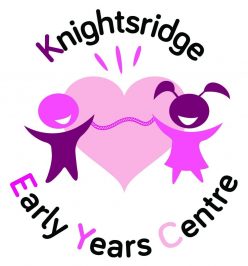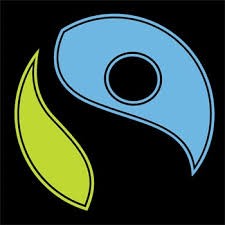Today Peep 1 focused on movement and to do this, they engaged the babies in soft play. Lots of resources that encouraged both small and large movements. As you can see every baby had a personal achievement developing a movement. Lifting, pushing, crawling, rolling, sitting, stretching, balancing and more.
How can I develop my babies movement at home?
Why not come along to one of our many parent/carer and baby groups we have at Knightsridge Early Years Centre, you will receive lots of support, advice and top tips! (Please see the link on our home page to the groups we have at the centre.) You can also try some of the suggested activities listed below at home…..
Tummy time
Tummy time is time your baby spends on her stomach while she’s awake. Having tummy time from soon after birth helps your baby build neck, head and upper body strength. Your baby needs this strength for learning other movements later on.
At first, your baby might not like tummy time. If this sounds like your little one, you could try getting down on the floor with hi/her. Let him/her know you’re there by singing, talking, stroking his/her back or tickling his/her hands. You can also start with short periods of tummy time, and build up as your baby gets used to it.
Tummy time might make your baby vomit. If this happens, you can try placing her tummy down on your chest or lap. This changes her position slightly and can help with problems like reflux. It still gives him/her the chance to build muscles.
Always remember every baby is different and you should ask for guidance and consult your health visitor or GP if you have any concerns.
Play ideas to encourage movement
From 0-6 months, you could try the following ideas:
- Place your baby on his tummy on the floor. Try a range of surfaces, such as blankets and carpet.
- Encourage moving to music and sound by making the hand movements to songs, stories and rhymes, or by shaking rattles.
- Promote your baby’s eye movement by looking at colourful books or pictures, blowing bubbles or dangling objects in front of her eyes.
- Get down on the floor with your baby and make funny faces.
- Roll objects in front of your baby to encourage him to lift his head.
Babies aged 6-12 months might like the following activities:
- Use simple toys to encourage touching and holding.
- Place toys just out of your baby’s reach to encourage reaching.
- Make noise with objects, such as banging wooden spoons on pots and pans, or shaking sealed containers with beads inside.
- Use push-and-pull toys such as block wagons or carts.
- Make sure you have sturdy furniture for pulling to stand.
- Make crawling and moving fun by making tunnels out of chairs or cardboard boxes.
These ideas are good for babies aged 12-18 months:
- Try ride-on toys from 12 months.
- Get your baby to practise fine motor skills by putting small containers into larger containers or turning the pages of a book.
- Sing songs that have simple actions for your baby to copy.
- Use different play spaces, such as swings, tunnels, ramps, slides – or even puddles!
- Use toys or props that get your child throwing, kicking, running, jumping, dancing, digging or splashing.
- Allow time for your baby to crawl or walk gradually longer distances, rather than always being strapped into a stroller.
The fun of play is that it can be noisy, messy and dirty!




















